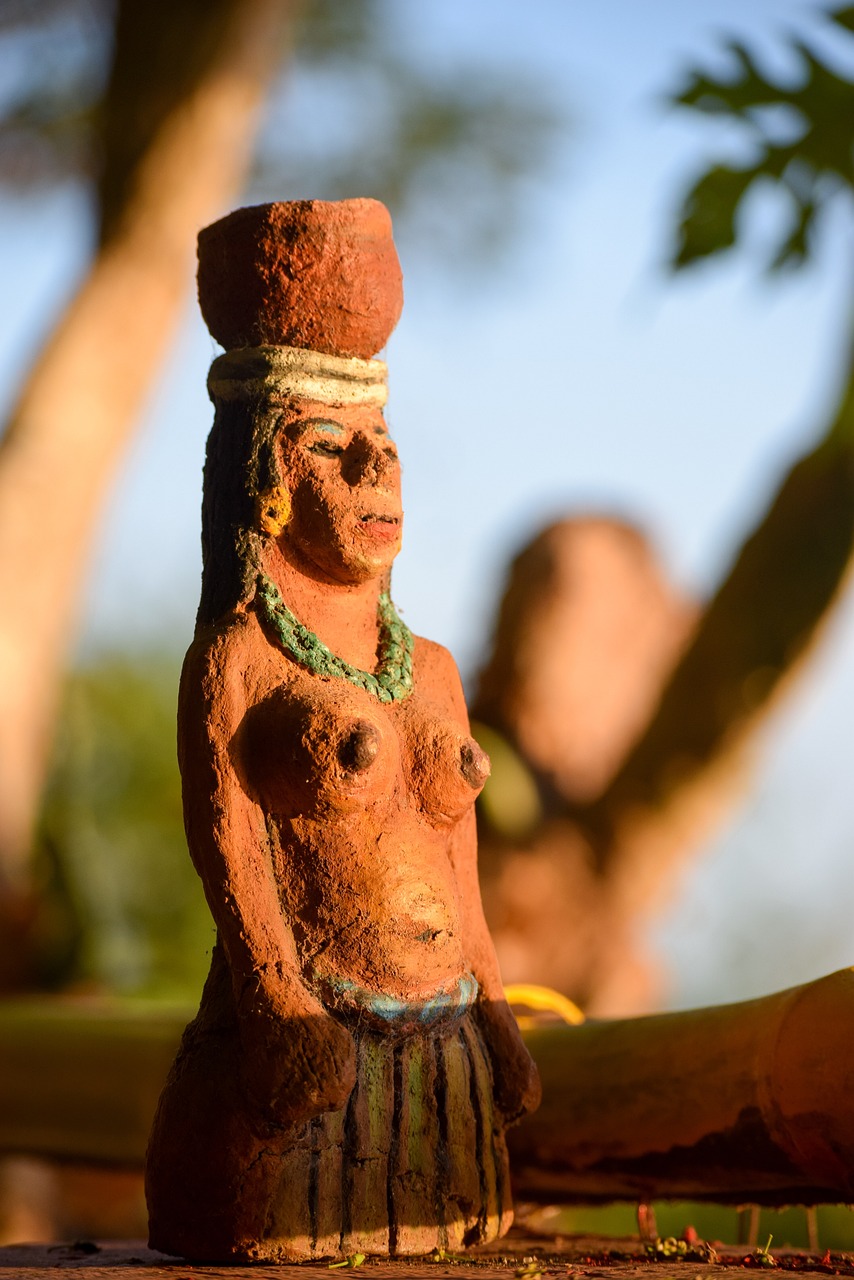Emergency Services: What to Know While in Nicaragua
Nicaragua, located in Central America, is a beautiful country known for its stunning landscapes, rich culture, and warm hospitality. While visiting Nicaragua, it’s essential to be aware of the emergency services available in the country. Understanding the emergency services system can provide peace of mind and ensure that you are prepared for any unforeseen circumstances. This article will guide you through the various emergency services in Nicaragua, including medical assistance, police, fire department, and more.
Medical Assistance
In case of a medical emergency, Nicaragua has a reliable healthcare system with hospitals, clinics, and medical professionals available throughout the country. Here are some key points to know:
- Public Hospitals: Nicaragua has public hospitals that provide medical services to both locals and tourists. Some well-known public hospitals include the Antonio Lenin Fonseca Hospital in Managua and the Vivian Pellas Metropolitan Hospital in Managua.
- Private Clinics: Private clinics are also available in Nicaragua, offering high-quality medical services. These clinics often have English-speaking staff and provide a wide range of medical treatments and procedures.
- Medical Insurance: It is highly recommended to have travel insurance that covers medical expenses while in Nicaragua. Ensure that your insurance policy includes emergency medical evacuation, as it may be necessary in certain situations.
- Pharmacies: Pharmacies are widely available in Nicaragua, and you can find both local and international brands. In most cases, you can purchase over-the-counter medications without a prescription, but it’s always advisable to consult a healthcare professional.
Public hospitals offer emergency rooms and a range of medical services, including specialized care in various fields such as cardiology, pediatrics, and orthopedics.
Some renowned private clinics in Nicaragua include the Hospital Metropolitano Vivian Pellas and the Hospital Bautista in Managua.
Before traveling, check with your insurance provider to understand the coverage and any specific requirements for seeking medical assistance in Nicaragua.
Police Services
The National Police Force is responsible for maintaining law and order in Nicaragua. Here are some essential points regarding police services:
- Emergency Number: The emergency number to contact the police in Nicaragua is 118. This number can be dialed from any phone, including both landlines and mobile phones.
- Tourist Police: Nicaragua has a dedicated Tourist Police force that caters specifically to the needs of tourists. The Tourist Police officers are trained in providing assistance to visitors and can communicate in multiple languages, including English.
- Reporting a Crime: If you are a victim of a crime or witness any illegal activities, it’s important to report it to the police. Make a note of the location, time, and any relevant details to provide accurate information to the authorities.
If you require immediate assistance, dial 118 and provide the operator with clear information about your location and the nature of the emergency.
If you require assistance or have any concerns while in Nicaragua, you can reach out to the Tourist Police for guidance and support.
Cooperate fully with the police during the investigation process and follow their instructions for your safety.
Fire Department
In case of a fire emergency, Nicaragua has a well-equipped Fire Department that responds to fire incidents and other related emergencies. Here are some key points to know:
- Emergency Number: To report a fire or seek assistance from the Fire Department, dial 115. This emergency number can be contacted from any phone, including landlines and mobile phones.
- Fire Safety: It’s important to follow fire safety protocols and take precautions to prevent fire incidents. Ensure that your accommodation has functional smoke detectors and fire extinguishers.
Provide the operator with accurate information about the location and nature of the fire to ensure a swift response.
During your stay, familiarize yourself with the emergency exits and evacuation procedures at your hotel or place of accommodation.
Embassies and Consulates
Embassies and consulates are essential resources for travelers in need of assistance. Here’s what you should know:
- Embassies: Many countries have embassies or consulates in Nicaragua that provide consular services to their citizens. If you require assistance, contact your embassy or consulate for guidance and support.
- Emergency Contacts: Embassies and consulates often have emergency contact numbers that operate outside regular office hours. These numbers are specifically for emergencies involving their citizens.
Keep a note of the contact information, including the address and phone number, of your embassy or consulate for easy access in case of an emergency.
Before you travel, register with your embassy or consulate online or in person, so they can reach out to you in case of any emergencies or updates.
Natural Disasters
Nicaragua is prone to natural disasters such as hurricanes, earthquakes, and volcanic activity. Here’s what you need to know:
- Emergency Alerts: Stay informed about any emergency alerts issued by the local authorities or your accommodation. Pay attention to weather forecasts and follow any evacuation instructions provided.
- Evacuation Plans: Familiarize yourself with the evacuation plans at your accommodation or hotel. Understand the designated safe areas and follow the instructions provided by the staff.
Register for any available emergency notification systems to receive timely updates and instructions during natural disasters.
Keep a small emergency kit with essential supplies, including water, non-perishable food, medication, flashlight, and a portable radio.
Transportation Services
Transportation services play a crucial role in emergencies. Here are some key points to know:
- Ambulance Services: In case of a medical emergency, dial 128 to request an ambulance. Ensure that you provide clear information about the location and nature of the emergency to expedite the response.
- Taxi Services: Taxis are a common mode of transportation in Nicaragua. Use licensed taxis and agree on the fare before starting your journey. Keep the contact details of reliable taxi services for convenience.
For serious medical emergencies, it’s advisable to seek assistance from the nearest hospital or medical facility if it can be reached safely and promptly.
If you encounter any issues or have concerns during your taxi ride, note down the taxi’s identification number and report it to the appropriate authorities.
Emergency Preparedness
Being prepared for emergencies is crucial while traveling. Here are some important steps to take:
- Travel Insurance: Obtain comprehensive travel insurance that covers medical emergencies, trip cancellations, and other unforeseen circumstances. Review the policy details and ensure it meets your specific requirements.
- Emergency Contacts: Save the contact numbers for emergency services, including the police, fire department, and medical assistance, in your phone or on a readily accessible note.
- Communication: Ensure you have a reliable means of communication, such as a working mobile phone with a local SIM card or access to Wi-Fi. This will enable you to contact emergency services or your embassy if needed.
Carry a copy of your insurance policy and emergency contact numbers with you at all times.
Share these contact numbers with your travel companions and ensure everyone is aware of the emergency procedures.
Keep your phone charged and carry a portable charger or spare battery to ensure continuous communication.
Nicaragua Image 1:

Emergency Services: What to Know While in Nicaragua
Conclusion
Understanding the emergency services available in Nicaragua is essential for a safe and enjoyable trip. Familiarize yourself with the contact numbers for medical assistance, police services, and the fire department. Take note of your embassy or consulate’s contact information and register with them before traveling. Stay informed about natural disasters and follow evacuation plans if necessary. By being prepared and knowledgeable, you can ensure a smooth and secure experience while exploring the beautiful country of Nicaragua.
Nicaragua Image 2:

References
- Lonely Planet – Nicaragua: https://www.lonelyplanet.com/nicaragua
- U.S. Department of State – Nicaragua: https://travel.state.gov/content/travel/en/international-travel/International-Travel-Country-Information-Pages/Nicaragua.html
- World Health Organization – Nicaragua: https://www.who.int/countries/nic/en/
- Nicaragua Tourism Board: https://www.visitanicaragua.com/
Nicaragua Image 3:


